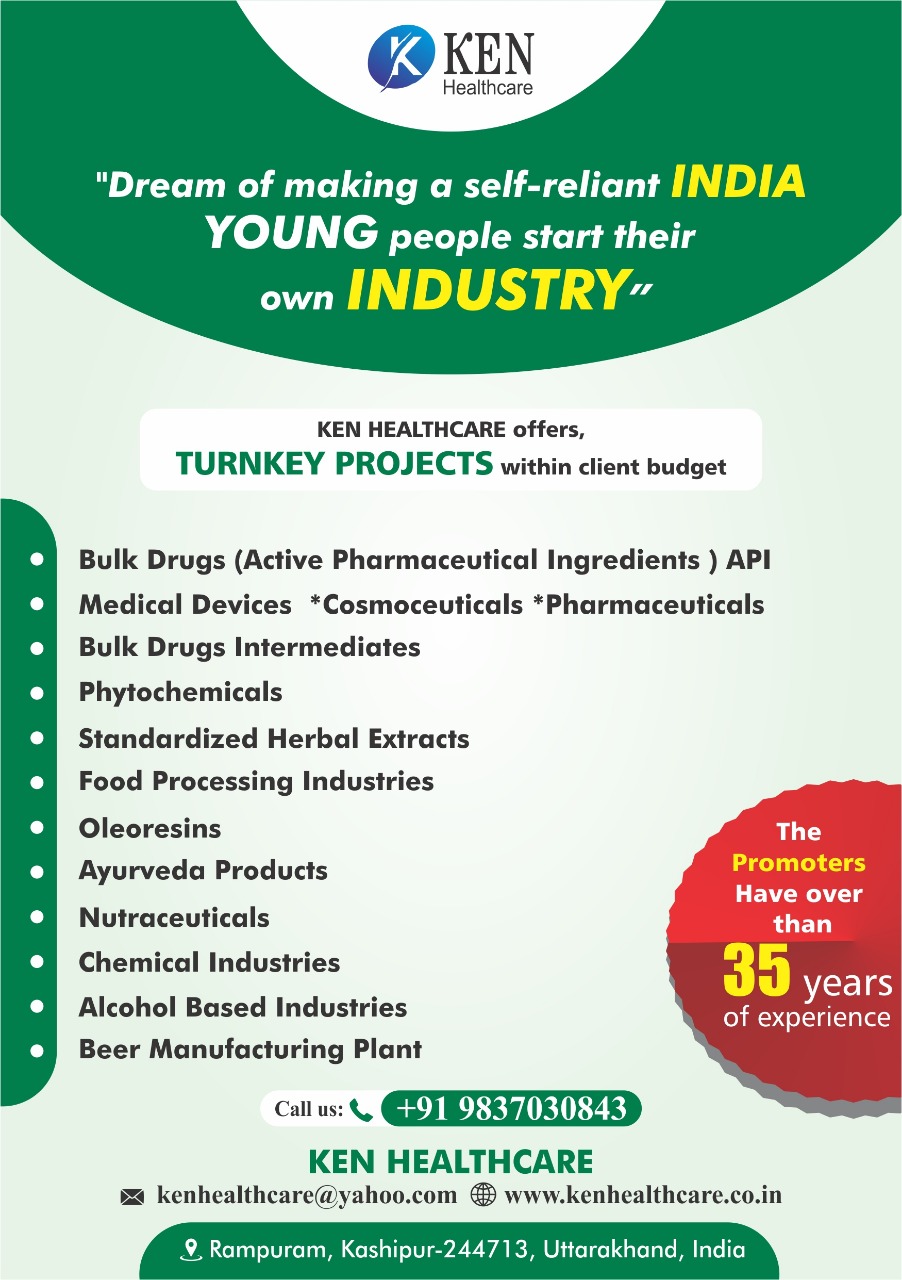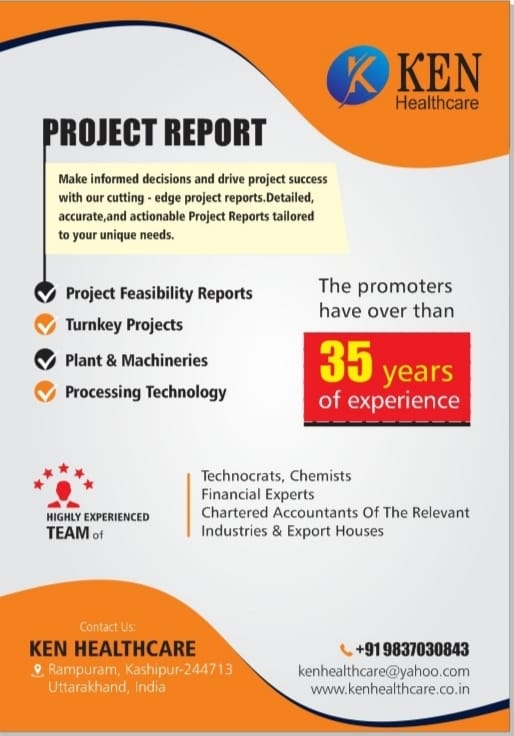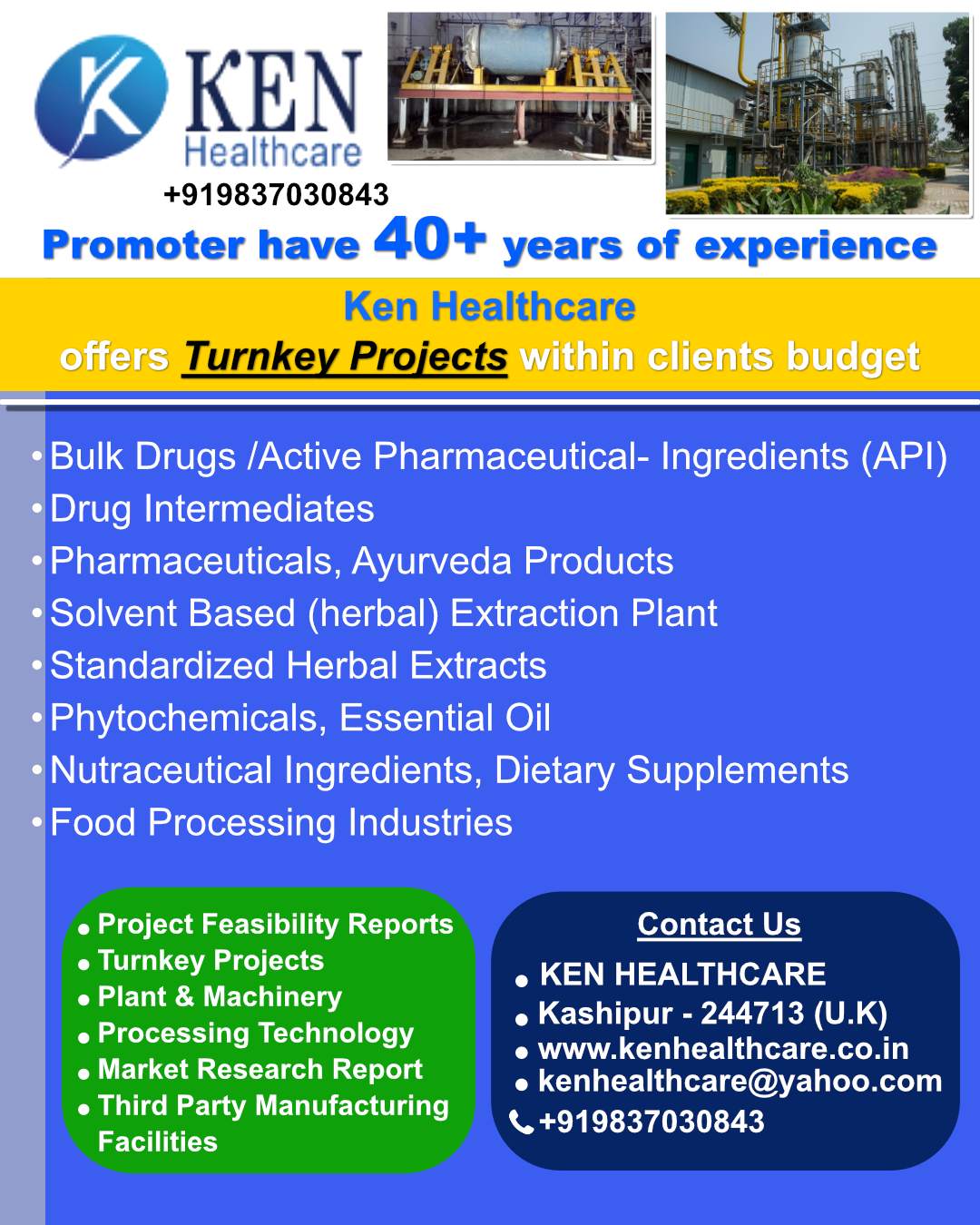Understanding Pharmaceutical Machinery: Applications, Uses, and Packaging Solutions
Pharmaceutical machinery plays a vital role in the production and packaging of medicines. From capsules and tablets to liquid syrups and creams, these machines streamline manufacturing processes, ensuring efficiency, accuracy, and compliance with Good Manufacturing Practices (GMP). This post provides a detailed overview of pharmaceutical machinery, their applications, and packaging solutions while highlighting the importance of using GMP-compliant equipment.
What Are Pharmaceutical Machines?
Pharmaceutical machines are specialized equipment designed to perform tasks related to the production, processing, and packaging of pharmaceutical products. These machines ensure precision, hygiene, and consistency, meeting stringent industry standards.
Applications of Pharmaceutical Machinery
Pharmaceutical machines are used across various stages of production, from ingredient processing to final product packaging. Below are their key applications:
- Capsule Manufacturing Machines
Capsules are among the most popular dosage forms, and manufacturing them involves several steps.
Encapsulation Machines:
Used for filling powders, granules, or liquids into hard or soft gelatin capsules.
Key Benefit: High speed and precision, ensuring uniform dosage in each capsule.
Polishing Machines:
These machines clean and polish capsules to give them a glossy finish, removing dust and powder residues.
- Tablet Manufacturing Machines
Tablets are another widely used pharmaceutical form, requiring precise machinery for their production.
Tablet Press Machines:
Compress powdered ingredients into solid tablets of uniform size and shape.
Applications: Suitable for pharmaceutical, nutraceutical, and even herbal tablets.
Coating Machines:
Used to apply a protective layer on tablets, enhancing their taste, appearance, and shelf life.
- Powder Processing Machines
Powdered formulations, such as bulk drugs or pre-mixes, require specialized machines for uniform blending and processing.
Blending Machines:
Ensure uniform mixing of active pharmaceutical ingredients (APIs) with excipients.
Example: Ribbon blenders and double-cone mixers.
Sifting Machines:
Used to filter and remove impurities or oversized particles, ensuring fine powder consistency.
- Liquid Syrup Manufacturing Machines
Liquid syrups are a common dosage form, especially for pediatric and geriatric patients.
Syrup Manufacturing Plants:
These include vessels for heating, mixing, and homogenizing ingredients.
Key Features: Closed systems to maintain hygiene and prevent contamination.
Filling Machines:
Automatically fill syrups into bottles, ensuring precise dosage and reducing wastage.
- Injection Manufacturing Machines
Injections require sterile and precise manufacturing to meet safety standards.
Sterilizers (Autoclaves):
Used for sterilizing vials, ampoules, and other components.
Filling and Sealing Machines:
Designed to fill liquid formulations into ampoules or vials and seal them to maintain sterility.
- Cream and Ointment Manufacturing Machines
Topical formulations like creams and ointments require specialized machinery for blending and filling.
Mixers and Homogenizers:
Blend active ingredients with bases like emulsifiers to achieve uniform consistency.
Filling Machines:
Fill creams or ointments into tubes, ensuring precise weight and zero spillage.
Pharmaceutical Packaging Machines and Their Uses
Packaging is a critical part of pharmaceutical manufacturing, ensuring the safety, efficacy, and shelf life of products. Here’s a breakdown of commonly used pharmaceutical packaging machines:
- Blister Packaging Machines
Use: Package tablets and capsules in pre-formed cavities sealed with a plastic or aluminum film.
Benefits: Protection from moisture, light, and contamination.
- Bottle Filling Machines
Use: Fill bottles with tablets, capsules, syrups, or powders.
Features: High speed and accuracy with options for capping and labeling.
- Tube Filling Machines
Use: Fill tubes with creams, gels, or ointments.
Special Features: Sealing and coding mechanisms for enhanced product traceability.
- Cartoning Machines
Use: Package products into cartons for secondary packaging.
Applications: Ideal for blister packs, bottles, and tubes.
- Strip Packing Machines
Use: Seal tablets or capsules between two layers of aluminum or plastic.
Benefits: Compact packaging, ideal for unit dose dispensing.
Why Choose GMP-Compliant Pharmaceutical Machinery?
Good Manufacturing Practices (GMP) are essential for ensuring that pharmaceutical products are consistently produced and controlled according to quality standards. Using GMP-compliant machinery offers several advantages:
- Ensures Product Safety and Quality: GMP machines maintain high standards of hygiene, preventing contamination.
- Regulatory Compliance: They meet global regulatory requirements, ensuring hassle-free audits and certifications
- Enhanced Efficiency: Automation and precision reduce production time and minimize errors.
- Market Acceptance: Products manufactured using GMP machinery are more likely to be accepted in international markets.
Our Expertise in Pharmaceutical Machinery
With years of experience in pharmaceutical machinery fabrication and technology, we specialize in providing:
Customizable GMP Models: Tailored to your specific manufacturing needs.
Turnkey Solutions: From design to installation and commissioning.
Comprehensive Support: Including operator training, maintenance, and troubleshooting.
Ready to elevate your pharmaceutical manufacturing process?
Contact us today for GMP-compliant pharmaceutical machinery, designed to optimize your production and packaging needs. Whether you’re manufacturing tablets, capsules, syrups, or creams, we’ve got you covered with high-quality, efficient, and reliable equipment.
https://kenhealthcare.co.in/machineries-processing-equipments/
Let us help you stay ahead in the competitive pharmaceutical industry!





